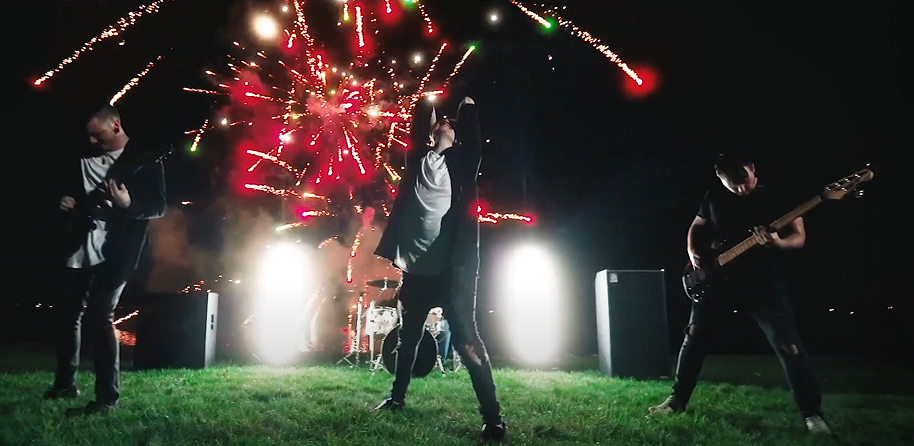
The internet DIY scene has become a stronghold since the mid 2010’s where artists build a team and brand through YouTube, as well as other social media platforms, and truly take waves among the metalcore scene.
In this exclusive interview with Fear Culture, the band talks about picking the right people, getting through mental illness, and making music for the ones you love.
You can read the full conversation below.
Dusty Soul: Practically every larger artist started out playing open mic nights and pay to play shows. With the band being from Ohio it is no different, so where opportunity seems both endless and limited at the same time, the triumph of music flourishes. What would you tell a fellow musician who feels like they will never escape “the local scene”?
Fear Culture: It’s important to pay your dues to your local scene, but also to hold a certain level of consistency when releasing content and putting out new music. We’ve always tried to make each release stronger than the last. Learn from reaching out to other bands and artists and see what they’re doing, while also paying attention to the branding and marketing standpoint to maximize your reach as an artist. People often forget that bands are businesses – even at a local level!
DS: We’re coming up on the two year anniversary of the band. What have been some of the best and worst memories the group has come across so far?
FC: Some of the best memories I would have to say are working on new music, watching new stuff come to life. Meeting and interacting with new and existing fans is always a great time as well. It really makes you feel like you’re on the right track.
Some of the worst memories I think we’ve had are things like forgetting a snare stand on the day of filming a music video. We also had a show where two mics died on us in a row. We’ve also had financial setbacks, much like every band does, that we haven’t been sure if we would make it through. Ultimately, we always find a way to make things work, even if it seems like there isn’t a solution.
DS: Last year you shared the stage with Oh, Sleeper, a stronghold in the metalcore scene that has been pushing very hard over the last ten years, and has lately been going label-less. Do you think having a small, thorough team, and DIY-ing the rest is plausible for smaller artists the same way it is for larger ones?
FC: I think this has always been a two-part debate. However, nowadays I would argue that having a small, plausible team in a “DIY” atmosphere can be more beneficial actually than getting signed to a label and pushing that route. With the age of community groups that have promoters, DIY tour forums and etc., as long as you hire someone or somebody in your band knows how to distribute music well via social media and digital retailers – i.e. Spotify, Apple Music, you can make your own demand and base outside of your hometown and grow from there.
DS: In “Phobia”, the chorus speaks loudly about being trapped in your own mind, which is a large issue for a lot of people suffering from mental illnesses across the board. What advice would you give to someone who feels ultimately stuck inside their head?
FC: Our mission as a band is to give a voice not to the voiceless, but rather to those who feel like they don’t quite have one. Phobia was a very difficult song to write lyrically because I felt that every lyric mattered and I had a finite space to say what I needed to say. There are millions of people with mental illnesses across the U.S. alone, so assuming that you are alone or maybe trapped in your mind can seem silly at times. However, due to the stigmas surrounding mental health and illness, many people feel like they don’t have anybody to go to or anything to confide in. I would urge people to reach out. The best remedy that has helped me see a different perspective than the thoughts rolling around in my head is conversations with others to give me a different view. It may be scary to do so at first, but many more people are much more understanding than we usually think.
DS: Seeing artists interested in post-Risecore Chango Studios warms my heart seeing music still follow in the glorified footsteps of late 2000’s and early 2010’s metalcore. What were some of your favorite records from Cameron Mizell, and what made you ultimately go with them for the mixing and mastering of your latest single, “Supernova”?
FC: Some of our favorite mixes have been done by Cameron Mizell of Chango Studios, so while we moved to convert ourselves to record everything and be self-efficient in our own studio for our next releases, we wanted to find somebody that has made timeless records in our genre and engineered records by some of our biggest influences as well. Having Cameron Mizell mix and master Supernova was a no-brainer for us!
DS: When “Supernova” came out last year, it was in adherence to suicide and mental health awareness month. Tell us a little backstory about how this one came to fruition, and what the writing process was like.
FC: I think suicide and mental health is a global and year-round issue, and that recognizing it for just a single month is just not enough. We personally felt like we had an extremely high bar to beat from “Room to Breathe”. This was our first time working together to experiment with elements not strictly metalcore influenced and we felt like it came out quite massive. Lyrically, I wanted this to fit in the pocket of where Phobia left off. The whole song is shifting from the sadness and blue feeling of Phobia, to complete anger. However there’s reprise and signs of hope at the end. It’s important to realize that no matter how bad things get, and we think that there’s absolutely no way out, that in fact there always is an apex point and positive other side over what you may be going through at the time.
DS: Across every single one of your songs, there is always a section where one instrument pops more than everything else. What is your personal opinion on instrumental tone and how it can affect the portrayal of a song?
FC: When it comes to instrumental tones and mixes for a song, it’s very important for us to make sure that they match the mood or “theme” of the song. When we’re writing songs, we try to make sure that every instrument that’s in the song, has its own part that makes it stand out, but we also try to make them all work together in the big picture. We don’t want to just put vocals over a random instrumental track, we want them to compliment each other and to help tell a story.
DS: What do you think is the most important piece of a song structurally that some artists may look over in their own writing, but end up being vital as part of the finished product?
FC: When it comes to song writing, regardless of the genre you’re a part of, the chorus is everything. More often than not, the chorus of a song is going to be the part that people remember or get stuck in their heads. It’s very important to make sure your chorus has either a catchy melody, or a hook that really gets people. Nowadays, there’s new music and artists everywhere and you wanna make sure that you stick out from the rest. Having a catchy chorus that stays in the listeners head hours after they’ve heard the song, will keep them coming back to that song, and
more often than not, the rest of your music.
DS: You have been posting all over social media about how exciting 2020 is looking. Are there any little details you are able to share with us without giving too much away?
FC: Because of our freedom to write and record at any time, we’ve been dabbling and taking influences from things we never thought we would before. We’re taking our time and loving what’s coming out of the experience. However, lots of new music is much closer than you may think to being released this year! We’ve been working on tour dates outside of our state as well. Unfortunately, that has been postponed due to COVID-19 but as soon as we’re able, expect us to be out on the road! Stay safe, wash your hands, and please stay home so we can all enjoy music together sooner rather than later.
Check out Fear Culture’s latest single, Supernova.



